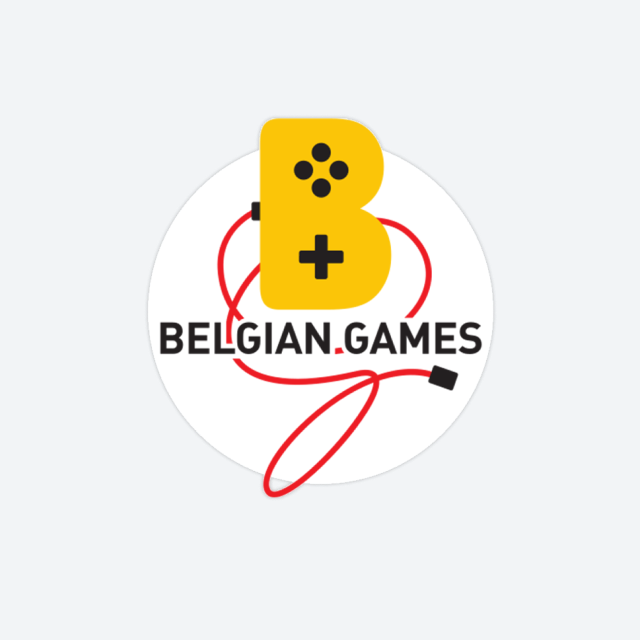First ever consumer survey by the video game sector in Belgium charts children’s game behaviour and their parents’ guidance
Playing video games is becoming more and more popular and this doesn’t cause parents of young children to panic. According to the survey conducted by the sector, no less than 79% of parents say they have enough control over the video game behaviour of their children. Parents make clear agreements and know where to find information about the games their children play. The study shows a growing confidence in the emerging video games sector and provides insight into the video game behaviour of children between 4 and 17 both at home and at school.
The Video Games Federation Belgium, or VGFB, part of BelgianGames, conducted for the first time in Belgium a survey among parents/guardians (between 25 and 60 years old) with children between 4 and 17 years old living at home. The survey gauges, on the one hand, the children’s play behaviour and, on the other hand, how their parents deal with this play behaviour. The study was conducted online among 1100 respondents in Belgium at the end of 2021 and will be conducted annually.
Belgian plays video games for less time per week than average European
Consoles are by far the most popular medium for playing video games (59%), followed closely by smartphones (50%). PC and laptops continue to lose popularity (35%). 43% of players say they spend between 6 and 8 hours a week playing video games. This figure is significantly lower than the European average of 9 hours per week.
Growing confidence among parents and supervisors
Remarkably, the study shows that parents generally have a fairly good insight into the video game behaviour of their children. 84% of parents surveyed indicated that they regularly seek information about the video games their children play. More than half of parents (53%) know about the PEGI rating system and the vast majority of respondents (79%) say they have enough control over their children’s game behaviour and the money their children spend while playing video games (in-game spendings). “The results of this consumer survey clearly show that there is no need for moral panic about video games,” says David Verbruggen, General Manager of VGFB, part of BelgianGames. “Parents know what video games their children play, they make clear agreements with their children about their behaviour and they have a good view on their children’s in-game spending. Parents who do not use agreements can rely on the parental control tools, the PEGI ratings and the guidance our sector provides.”
Games in schools
Educational video games are gradually finding their way into the curriculum, but commercial games are also gaining in importance and confidence among teachers. Although commercial video games are not developed specifically with an educational focus, the youngsters who play them can still learn a lot from them. Classic examples include Minecraft for stimulating creativity and insight for spatial planning or the nonviolent history lessons of Assassin’s Creed’s Discovery Tour. “I rarely have to defend myself anymore when it comes to video games,” says Liesbeth Last, religion teacher at the VTI Roeselare, ICT coach and staff member at KU Leuven. “In our religion classes, video games are mainly an incentive to prepare the students for the subject matter that follows. I see the use of a video game as an investment in their learning. It is all about engaging them via a medium that most of them know very well”.
MORE INFORMATION
All data, sources and insights can be found in the first Belgian Games Key Facts booklet attached to this press release. For information and tools for (grand)parents, supervisors and teachers on safe and responsible video game play, please visit: www.speelhetslim.be or www.jouezmalin.be









